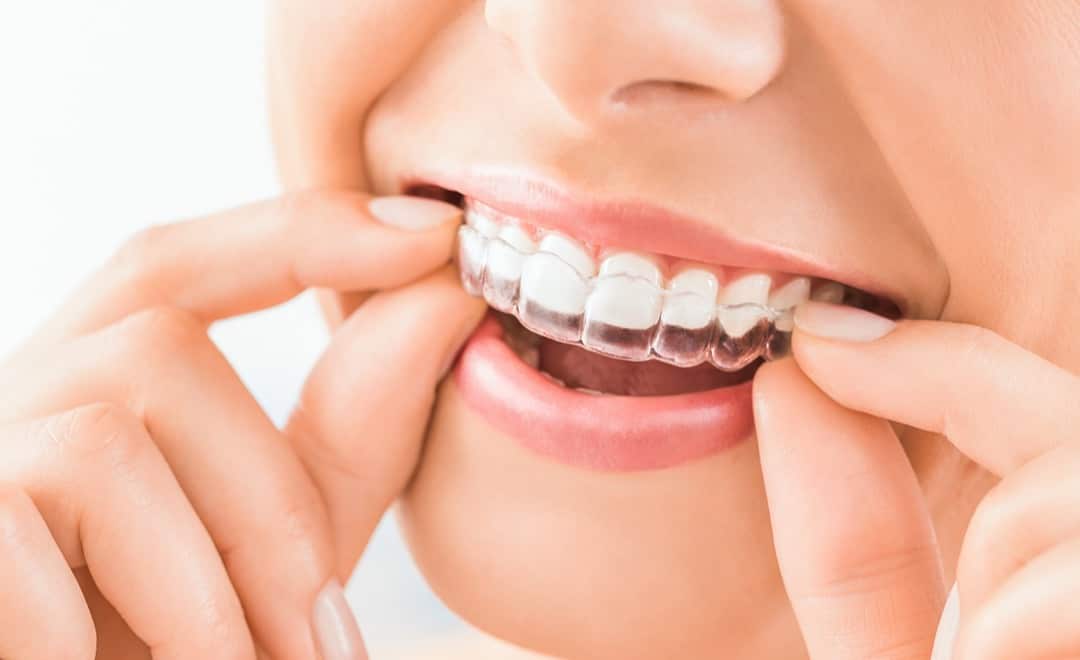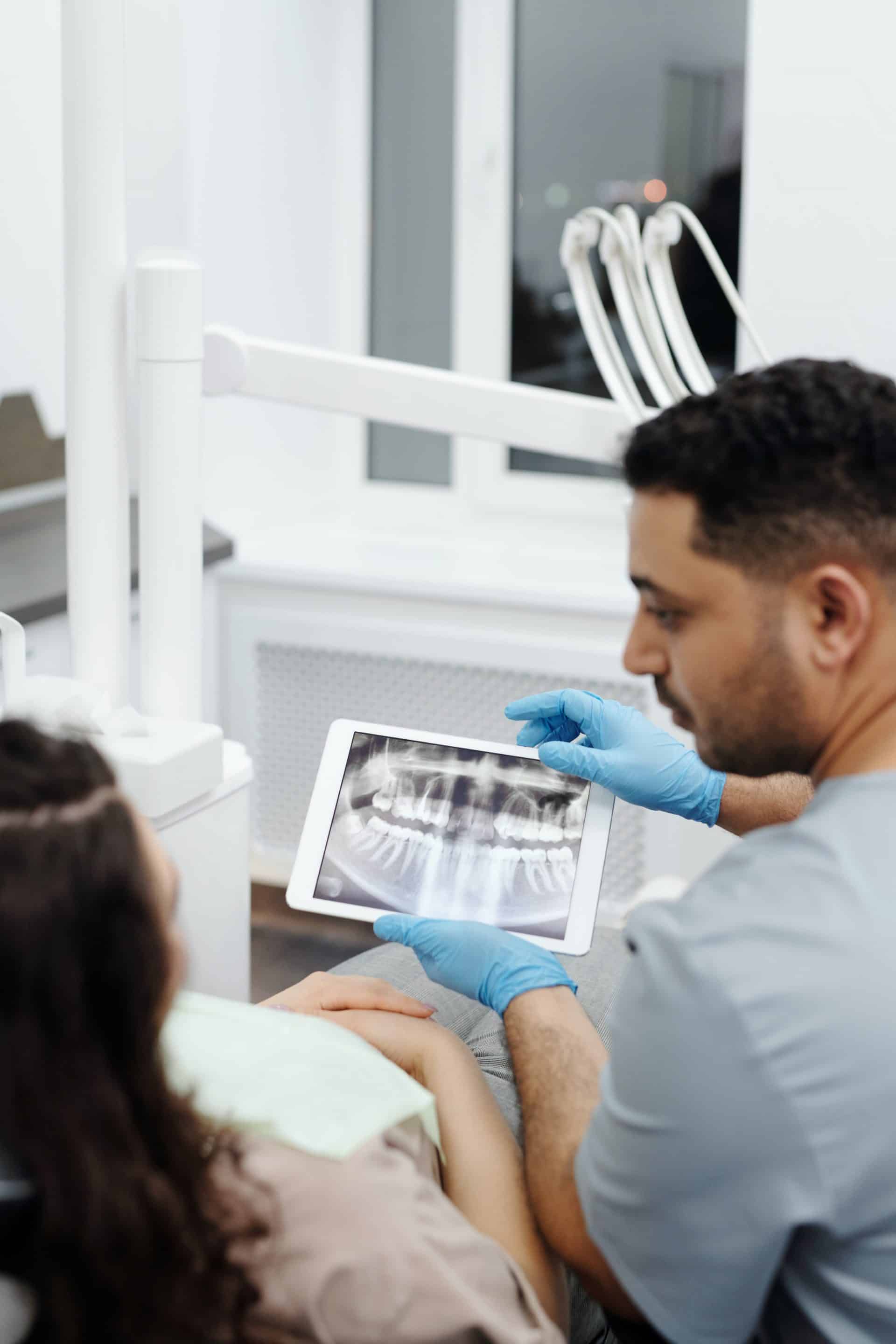Ankylosed teeth, a condition where a tooth’s root fuses to the jawbone, can have significant implications for oral health, including an increased risk for temporomandibular joint (TMJ) disorders. Understanding this connection and the potential risks involved is crucial for those affected by ankylosis. We will explore how untreated ankylosed teeth can contribute to the development of TMJ disorders and emphasize the importance of seeking timely dental intervention.
Understanding Ankylosed Teeth and TMJ Disorders
Ankylosis of teeth disrupts normal dental alignment and occlusion, leading to various complications. The temporomandibular joint, which connects the jaw to the skull, facilitates essential functions like speaking and chewing. TMJ disorders encompass a range of conditions that affect this joint, causing symptoms like pain, difficulty in jaw movement, and audible clicking sounds. The altered bite and jaw alignment resulting from ankylosed teeth can significantly stress the TMJ, potentially triggering these disorders.
The Impact of Ankylosed Teeth on Jaw Function
Ankylosed teeth can cause an imbalance in the way the upper and lower teeth meet, leading to uneven stress distribution in the jaw. This can result in excessive pressure on the TMJ, contributing to discomfort and functional problems. In children, ankylosis can hinder normal jaw growth and development, potentially leading to more severe TMJ issues later in life.
The Risk of Delayed Treatment
The longer ankylosed teeth remain untreated, the greater the risk of developing TMJ disorders. This is due to the progressive nature of the stress and imbalance caused by the condition. Seeking timely dental treatment is therefore essential in mitigating this risk and preserving overall oral health.
Addressing Ankylosed Teeth to Prevent TMJ Disorders
Timely Dental Evaluation and Intervention
Early detection and treatment of ankylosed teeth are critical. Regular dental check-ups can help identify the condition in its early stages, allowing for prompt intervention. Treatment options vary based on the individual case and may include orthodontic appliances, surgical procedures, or a combination of both.
Orthodontic and Surgical Treatments
Orthodontic treatments can help in managing the occlusal issues caused by ankylosed teeth, thereby reducing the strain on the TMJ. In some cases, surgical intervention might be necessary to address the ankylosis and realign the teeth and jaw properly.
Ongoing Monitoring and Care
Continued monitoring and care are essential for individuals with ankylosed teeth, especially for those already showing signs of TMJ disorders. Regular follow-ups with a dental professional can help manage the condition and prevent further complications.
Ankylosed teeth, if left untreated, can pose a significant risk for the development of TMJ disorders due to the stress and imbalance they create in the jaw. Timely detection, appropriate treatment, and ongoing care are crucial in managing this risk. Understanding the link between these two conditions can help individuals seek the necessary dental care, ultimately contributing to better oral health and quality of life.
Concerned about ankylosed teeth and the potential risk of developing TMJ disorders? Reach out to Stellar Orthodontics, soon to be Nova Orthodontics today for a comprehensive evaluation and expert treatment options tailored to ensure your oral health and comfort.




